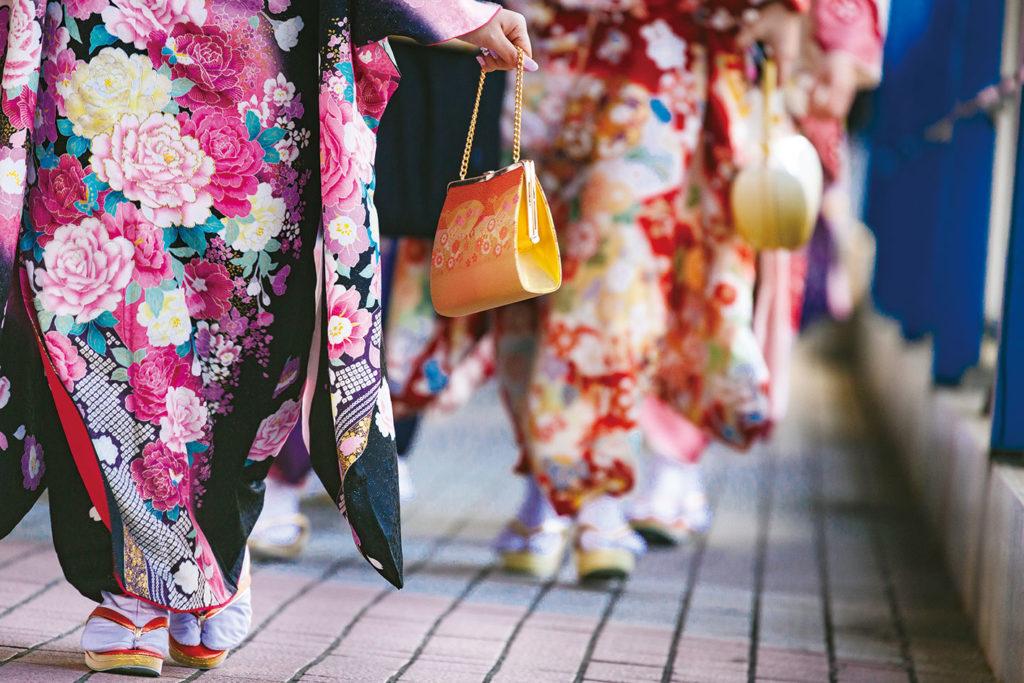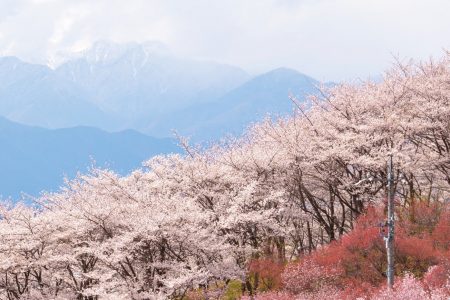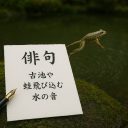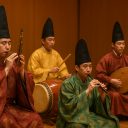
Coming-of-age day
Seijin no hi is a public holiday held on the second Monday of January, which celebrates young people who have reached, or will reach, the age of maturity (20 years old) between 2 April of the previous year and 1 April of the current year.
When young people reach this age, they are officially recognised as adults in Japanese society. This means that they are legally allowed to drink alcohol, smoke, gamble, and drive (note: for a long time, another liberty 20-year-olds gained was the right to vote; however, the voting age was lowered from 20 to 18 in April 2022). In essence, seijin no hi is a graduation day from childhood to adulthood.
Coming-of-age ceremony
The highlight of seijin no hi is the seijinshiki, a coming-of-age ceremony usually held at local city halls and prefectural offices. A seijin-shiki usually features:
■ the singing of the Japanese national anthem;
■ speeches from the mayor/municipality’s representatives/government officials on what it means to be an adult and the responsibilities young people have in society;
■ speeches by a male and female representative of the attendees, to show their gratitude to family and seniors, and talk about their future aspirations; and
■ the gifting of a commemorative gift from the event.
The large-scale ceremonies are usually followed by smaller after-parties amongst close friends and family.
Coming-of-age attire
On the day, women typically get dressed up in traditional furisode , a special type of kimono (garment) meant for unmarried young women, with long sleeves that hang down. Thick-soled sandals called zōri are usually worn with a furisode , accompanied by tabi (split toe socks).
Men, on the other hand, often stick to formal western attire (i.e., suit and tie), but some will choose to wear a traditional men’s hakama , a type of loose-fitting trousers, with a haori, a long jacket that is tied at the waist.
Post 2022
The Japanese Government amended the civil code in April of this year. This was the first amendment of its kind in Japan in 140 years. The amendment was to officially lower the ‘adulthood age’ from 20 to 18.
This meant that from 2022 onwards, new adults are now allowed to marry, sign contracts, and take out loans without the consent of their parents. However, they are still banned from drinking alcohol, smoking and gambling, and must wait until they are 20 to finally attain these liberties.
Author
Written by Shunichi Ikeda (Visiting Fellow, College of Asia and the Pacific, The Australian National University)
Co-writer: Miona Ikeda












